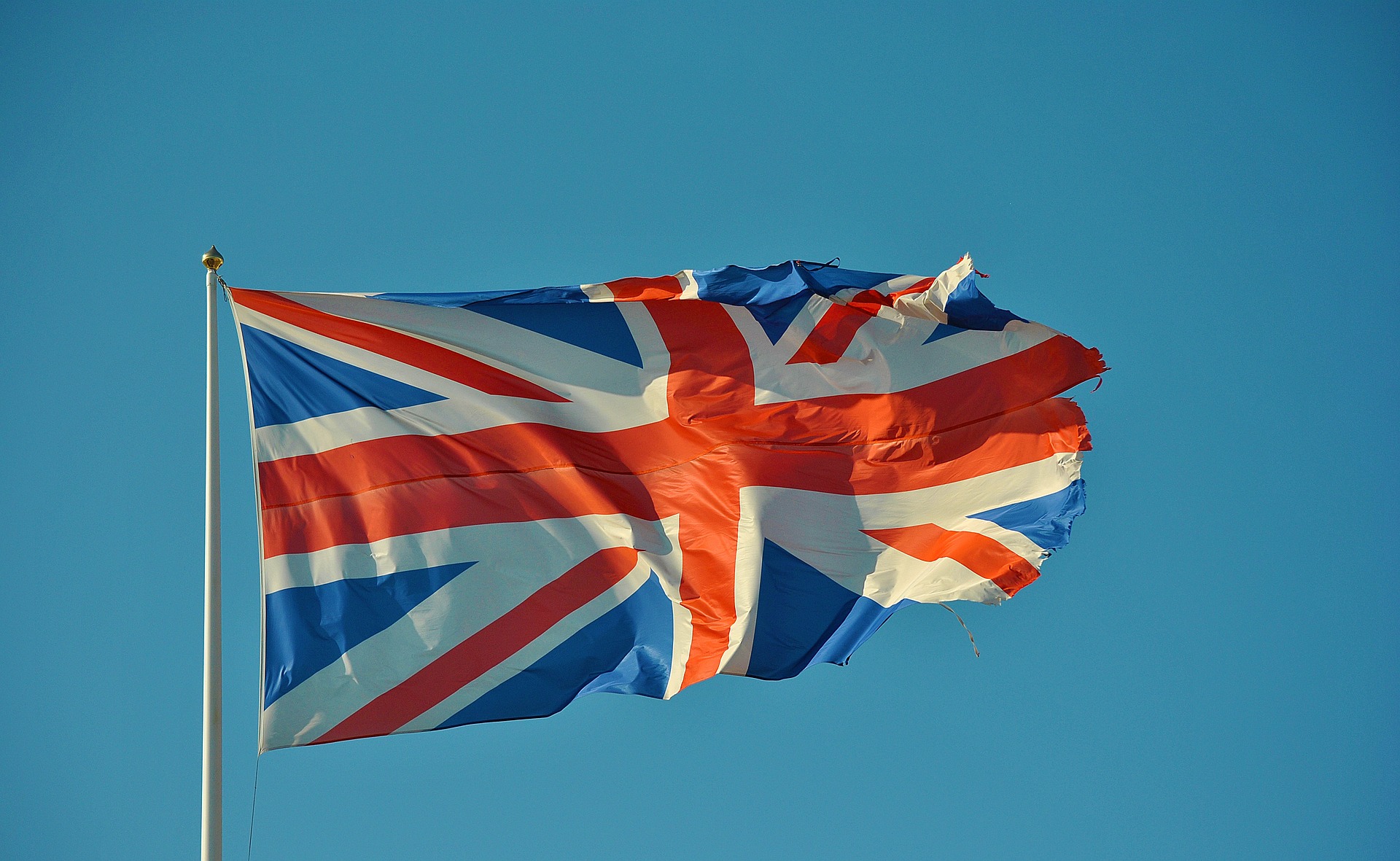
By Professor Joanne Murphy
Department of Management
Twenty-five years ago, I and others watched in dismay as Jeffrey Donaldson and his colleagues walked out of the multi-party talks that were to result in the Good Friday Agreement (GFA).
That historic compromise represented a reframing of Northern Ireland’s conflicted past and potential future. It resolved the three contested relationships (between Britain and Ireland, between Northern Ireland and the Republic of Ireland and within opposing communities in Northern Ireland itself) that were at the heart of a conflict that had cost 3,500 lives. But the Agreement was predicated on an existing political construct – that of the European Union and more specifically, the customs union, which rendered the Irish border effectively invisible.
This was the foundational premise upon which Good Friday was built and which its architect Nobel Peace Prize Laurate John Hume, dedicated his life. The Brexit vote and all that has come since has created huge challenges for this reframing. Brexit re-politicised Northern Ireland’s relationship with the UK, undermining the foundations of the Agreement and unsettling the delicate balance of competing interests that make up Northern Ireland. The Democratic Unionist Party (DUP) – now led by Mr Donaldson has sought advantage in that politicisation at every stage. Indeed, when the DUP did a deal to prop up Theresa May’s government in 2017, it looked very much like the DUP tail was wagging the British Government dog. Ongoing issues with the Northern Ireland protocol negotiated by her successor, Boris Johnson, underline the difficulties of upholding the GFA post Brexit.
Rishi Sunak’s Windsor Framework is an attempt to untangle this gordian knot, to resolve as far as possible the technical issues with the Northern Ireland protocol and re-establish a wider, warmer relationship with the EU. What has become evident is that the tail is no longer wagging the dog. It should be remembered that the DUP won 21.3% of the NI vote in the last Assembly election, even though they are often represented in the UK media as the only voice from Northern Ireland. It seems that Prime Minister Sunak has decided to work with the reality and not the rhetroic. Northern Ireland is a society of minorities, and with no one in a majority, there is a requirement on everyone to compromise.
NI also voted to remain, so in many ways there is natural justice in it continuing to have access to the single market for goods, while staying in the UK constitutionally. NI business leaders see this huge economic opportunity and are eager to grasp it. They know what they are talking about, having played a critical role as a counterbalance to the often-toxic politics of the region in some of the darkest days of the Troubles. There has been much talk of sovereignty in relation to Brexit, the NI protocol and the Windsor Framework. It is worth remembering that Northern Ireland’s position as a part of the UK is a question solely for the people of Northern Ireland – a fact enshrined in law post Good Friday 1998 and better known as the Principle of Consent.
Whatever the current debate is about, it is not about sovereignty, but the rights and opportunities of people in NI to take full advantage of their position – geographically and constitutionally betwixt and between the UK and Europe. More importantly, it represents an opportunity to fulfil the ambitions of the Agreement implemented twenty five years ago – to create a region prosperous, focused on people not territory, and at peace with itself.
- Find out more about Professor Joanne Murphy
- Back to Business School Blog
The views and opinions expressed in this article are those of the author and do not necessarily reflect the official policy or position of the University of Birmingham.
